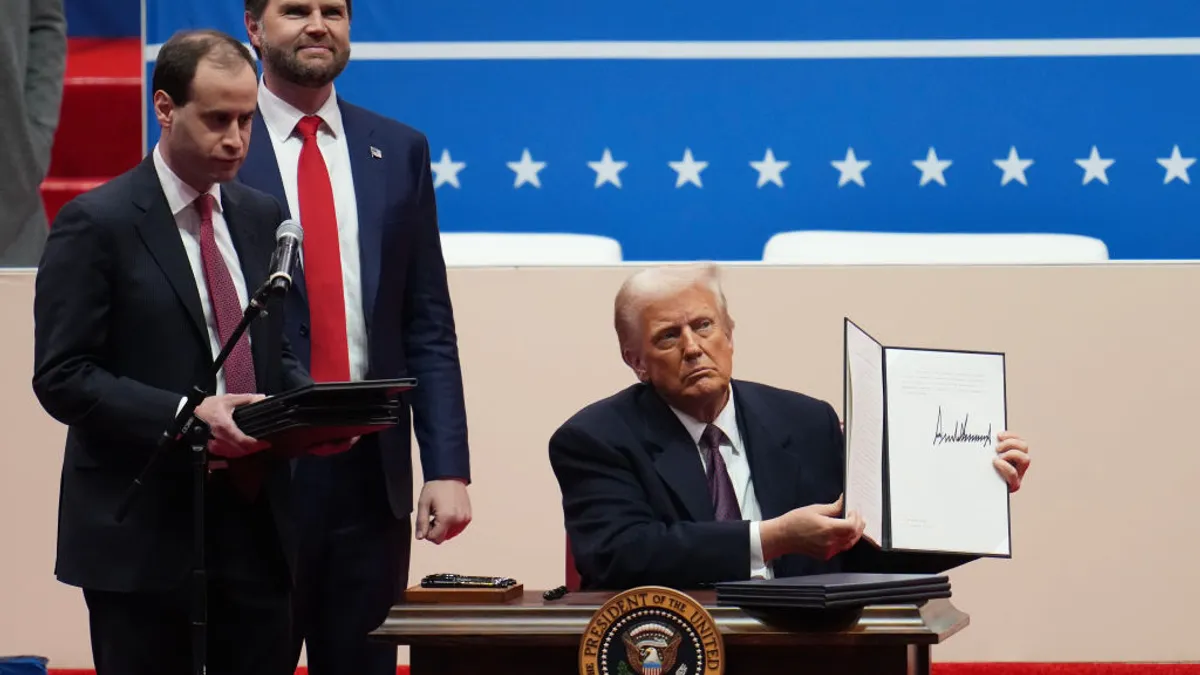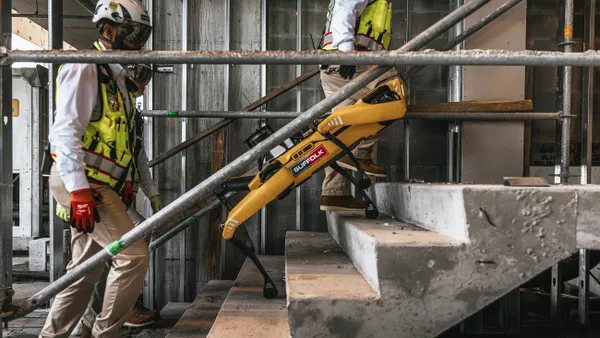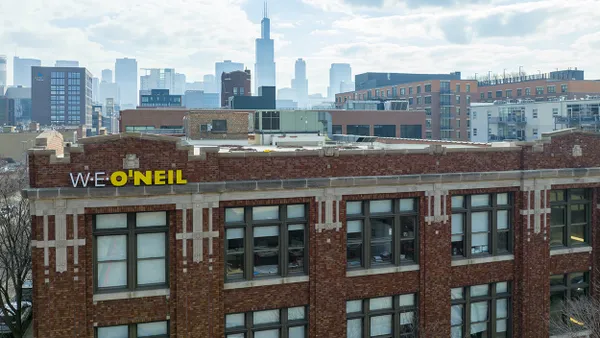Dive Brief:
- The U.S. Department of Justice has filed a lawsuit against a contractor and subcontractor that performed work at the MOX Fuel Fabrication Facility in Aiken, South Carolina, alleging that the two turned in approximately $6.4 million of fake invoices and violated the federal False Claims and Anti-Kickback Acts.
- The DOJ alleges that subcontractor Wise Services Inc. of Dayton, Ohio, which was hired to provide general, unplanned construction services on the project, submitted fake invoices to Aiken, South Carolina, general contractor CB&I AREVA MOX Services LLC (MOX Services) for construction materials that did not exist. Wise allegedly gave MOX Services kickbacks so that MOX Services would, in turn, submit the fraudulent invoices to the National Nuclear Security Administration, the client agency, on Wise’s behalf.
- Wise, according to court documents, allegedly paid kickbacks to MOX Services in the form of cash, gift cards, YETI coolers, sunglasses, mobile phones, NASCAR tickets, Masters Golf Tournament tickets, college football tickets, firearms and hunting supplies.
Dive Insight:
Former Wise employee Phillip Thompson was sentenced to 23 months in prison and three years of supervised release and was ordered to pay restitution in relation to the offenses alleged in the MOX Services/Wise lawsuit.
These and other such crimes don’t take place in a vacuum. As in the case of Wise, the company allegedly falsified invoices from legitimate suppliers on the project, meaning that although no charges were filed against them, they likely had to hire attorneys as a legal precaution or, at the very least, went through the stress of being questioned by DOJ prosecutors.
Fraud takes place in the private sector too, and contractors can be prosecuted under many circumstances. However, Frances Haynes, attorney at the Phoenix office of Lewis Roca Rothgerber Christie, told Construction Dive last year that most fraud goes undetected unless there are disputes around money or other issues during or at the end of a project.
But many times it’s an uphill battle for prosecutors in their attempts to show that a contractor intended to commit fraud. In order to win these cases, Kevin Kolton and Kenneth Roberts of Schiff Hardin in Chicago said prosecutors must prove that there was, among other elements, a false statement of material fact, like an invoice that contains amounts for work not performed; the submitting contractor’s knowledge that it was false; and damages to the recipient, such as paying for services or materials that were never provided.
Submitting blatantly fake invoices to an owner, however, isn’t the only way contractors can run afoul of the federal government and the False Claims Act. In January, a contractor that manufactured and installed flawed concrete panels as part of its contract for the $5.8 billion Silver Line extension project for the Washington, D.C., Metrorail agreed to pay $1 million to settle claims that it falsified test records to show that the panels met specifications. The panels don’t pose a safety danger but will have to be treated with a special coating to help ensure they meet their maximum useful life. The federal government got involved because the project was the recipient of U.S. Department of Transportation loans.













